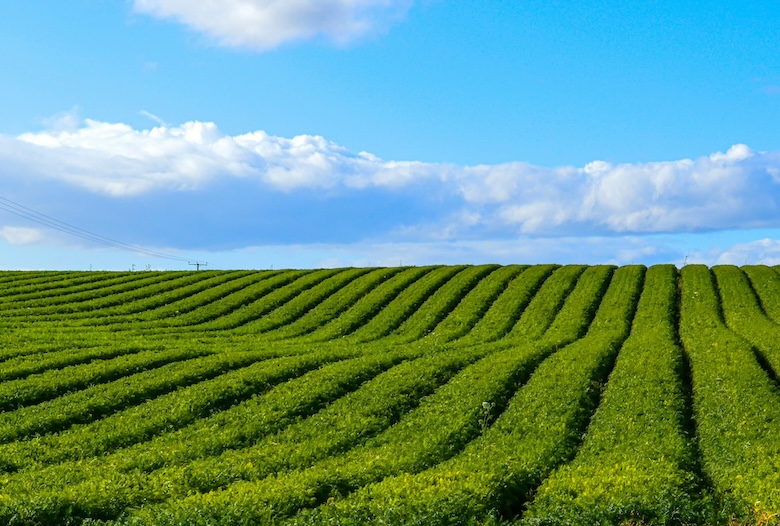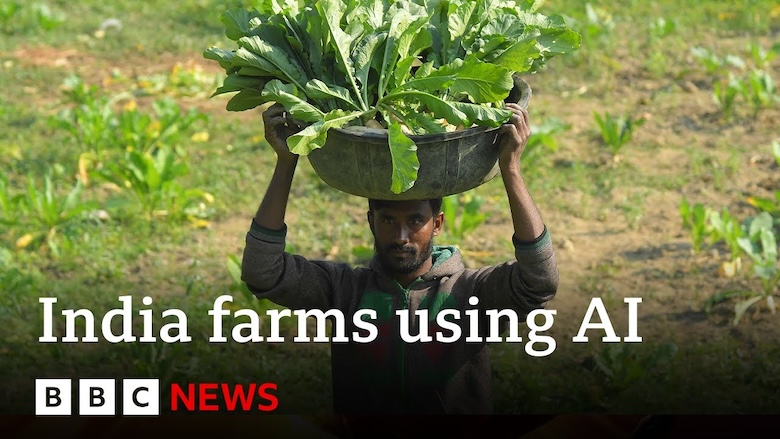
The integration of Artificial Intelligence (AI) into agricultural practices is ushering in a new era of farming, with a multitude of benefits that have the potential to transform contemporary agriculture. Here are some key advantages:
-
Enhanced Crop Production: Applications powered by AI can gather and analyze data related to soil health, weather conditions, and plant development. This information aids in making informed decisions about irrigation and fertilizer application, resulting in increased crop yields.
-
Decreased Use of Pesticides: AI’s capabilities extend to pest and disease identification, which allows for precise pesticide application and consequently reduces overall pesticide usage.
-
Better Soil Health Management: AI tools can assess soil conditions, identify nutrient deficiencies, and aid in optimizing strategies for soil health management.
-
Optimized Water Consumption: Farmers can manage irrigation more accurately based on AI’s analysis of various data points, leading to improved water efficiency.
-
Boosted Efficiency: The automation of tasks such as crop monitoring and yield analysis via AI not only enhances operational efficiency but also frees up farmers’ time for other tasks.
-
Promotion of Sustainability: AI tools facilitate the tracking of energy consumption, water use, and chemical inputs, thereby promoting more sustainable farming methods.
-
Cost Reductions: Automation facilitated by AI helps cut labor costs and improves accuracy in tasks like crop monitoring and yield predictions, resulting in cost savings for farmers.
AI’s role in agriculture is proving transformative by offering real-time data insights, optimizing resource allocation, and improving decision-making processes for both farmers and agricultural companies.


